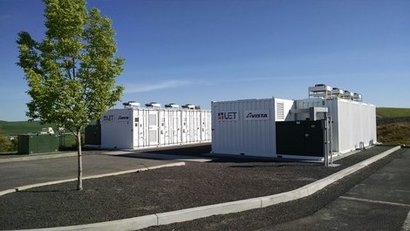
The government’s aims are motivated by the responses and evidence received by BEIS following its January consultation. The new consultation contains a summary of responses and the government’s response to that first consultation.
Under the proposals this type of storage would generally be consented by the relevant Local Planning Authority in England. Decisions for such projects of any size in Wales would generally fall to be consented by the relevant Local Planning Authority under the TCPA regime, whereas currently this is only the case for electricity storage (except pumped hydro) below 350 MW.
The proposals outlined within this consultation apply to England and Wales only and include a preliminary analysis of the potential costs and benefits of the proposals. BEIS has also published draft legislation implementing the proposal.
The consultation has been welcomed by the Solar Trade Association (STA), as the proposals will allow energy storage projects, such as battery plants, to be subject to a swifter, less costly planning process.
“We are pleased to see that the government has taken our feedback on board” said STA Chief Executive Chris Hewett. “This is a promising step forward for enabling energy storage to be connected more swiftly, and giving local communities a stronger voice in determining which developments are right for them. Energy storage is safe, low-impact, and essential for delivering on the UK’s legally binding Net Zero commitments.”
In the January consultation, the STA responded that “evidence indicates that battery storage has relatively low planning impacts when compared to other forms of generation, and that it tends to not have significant local impacts that would make it difficult for local authorities to balance national benefits against local impacts. As a result, it would be more proportionate for the planning impacts from this type of development to be considered and determined by local planning authorities under the local Town and Country Planning Act 1990 regime.”
For additional information:
Department of Business, Energy and Industrial Strategy (BEIS)

